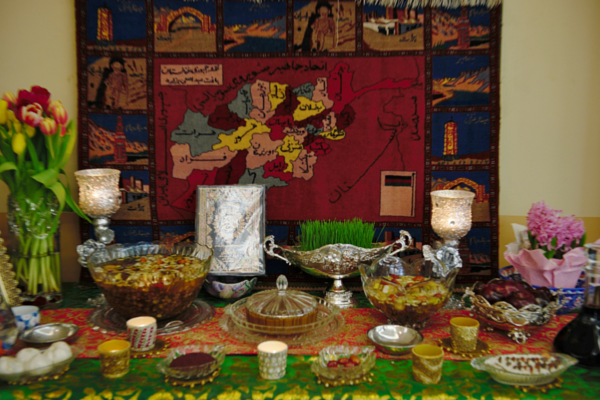When learning another language, it might take us some time to switch from one language to another. Though I’ve been multilingual for a while, I sometimes feel frustrated when words in another language don’t come as readily to me as they do in English. One such example was during my last trip to Italy. I was asked an easy enough question in Italian and, though I knew what I wanted to say, it felt like the words were stuck. It was as if I couldn’t remember how to speak or even which gestures to use when saying, “Another mozzarella, please”. Twenty seconds later, I remembered the terms and syntax (even an idiomatic expression!), but the moment had passed. I was 20 seconds too late.
Code-switching is the practice of alternating between two or more languages or varieties of language in a conversation. This can sometimes be more difficult during the initial stages of language acquisition, or after time spent not using the language. During language processing, one of our mental lexicons, or bank of vocabulary, will be “on” while the others are “off”. When we code-switch, we have to “turn off” the lexicon of the language(s) we aren’t using and “turn on” the lexicon of the language we want to engage, similar to a light switch. As we’re switching from one lexicon to another, we may feel stuck and unable to express ourselves fully. The good news is we can shorten how long it takes to code-switch with a bit of practice and effort.
Here are some tips to help you avoid the pain and frustration of code-switching:
- Before a trip abroad, spend some time (hours, days, weeks) reading in the language of the country you’re going to, listening to music and practicing speaking, even if it’s by yourself. Practicing before rehearses the terms and phrases of that language and will help you speak more readily at the beginning of and during your trip.
- If you have a meeting in your non-native language, take 15 minutes beforehand to review that language’s key terms. This is a form of rehearsal! Rehearsing will help alleviate any anxiety or nervousness about speaking up during the meeting. You’ll go into it knowing you’ve reviewed the concepts before and practiced explaining them.
- Lower your effective barrier. The more nervous we are, the more difficult it becomes to fully express ourselves in the target language. Our carefully crafted, sophisticated monologue may suddenly turn into a 1-verb phrase. Practice deep breathing and other techniques to help you relax at the moment.
- Keep practicing!
For more DLS, check out other blogs and visit us on Facebook, LinkedIn, Instagram, or Twitter!



